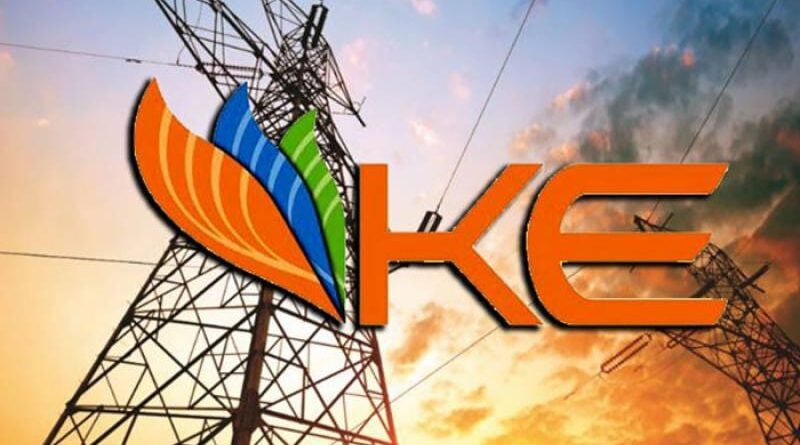K-Electric has called on the Provincial Assembly’s Energy Committee for suggestions to help tackle electricity theft, urging practical cooperation to reduce losses and improve service delivery. During a meeting with the committee, K-Electric’s CEO, Syed Moonis Abdullah Alvi, and senior officials addressed issues surrounding electricity duty, provincial government dues, and the ongoing challenges of theft and bill recovery.
The committee acknowledged K-Electric’s improved performance compared to other distribution companies (DISCOs) across Pakistan, praising its efforts under the Village Electrification Program. CEO Alvi emphasized the importance of settling reconciled payments related to electricity duty and requested the committee’s support in this regard. He also reiterated that, under federal regulations, the electricity tariff charged to customers is the same nationwide, as per the uniform tariff policy. K-Electric officials stressed the need for continued engagement between the company and elected representatives throughout the month, with a focus on reducing theft and ensuring timely bill payments. Alvi also clarified that load-shedding is restricted to areas with high levels of theft and asked the committee for their suggestions to curb the illegal use of electricity in the public’s interest.
During the meeting, the discussion extended to the collection of municipal taxes levied by the Government of Sindh, highlighting how both the government and K-Electric can work together to improve bill payments and reduce line losses. In response to concerns about some K-Electric staff allegedly being involved in electricity theft, Alvi requested evidence from the representatives to address the issue. The committee was also briefed that 70 percent of the network remains free from load-shedding, while the remaining 30 percent faces outages due to theft and non-recovery of dues. Late-night load-shedding was reported as nonexistent. The power utility urged elected officials to assist in enhancing recovery efforts and reducing electricity theft, which would help minimize load-shedding in high-loss areas. The two sides agreed to further collaborate on sharing regional-level data to better address the issue.










